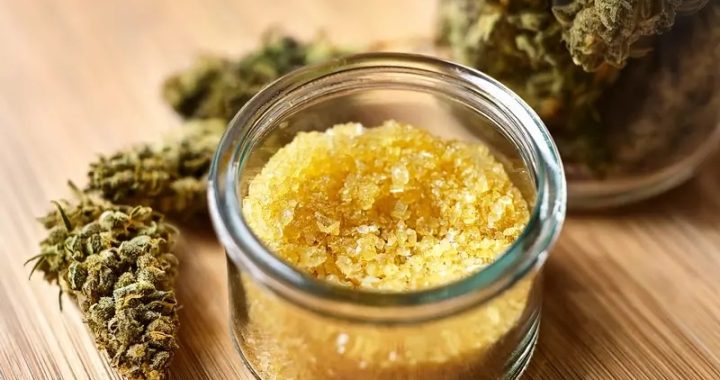
How Can TB-500 Improve Arthritis?
To keep up with the growing demand for a robust immune system, researchers are actively seeking a medicine that can boost the body’s natural defenses. Thymosin Beta-4, or TB-500, is a peptide with this potential.
Thymosin Beta-4 is a protein found in mice, and TB-500 is a synthetic variant of this protein. Although the TB-500 peptide is only accessible for study at this time, its results in boosting animal immune systems are encouraging. As a researcher, you can find TB-500 for sale in USA for research purposes only.
Explaining what TB 500 is
Tests on mice and other animals indicated that the TB 500 found naturally in their systems positively impacted immunological function, stamina, and strength. It is widely used for racing horses and in clinical research on horses for wound prevention. Overall, racehorses treated with TB-500 peptides perform better.
Dr. Allan Goldstein of Abraham White’s Laboratory at the Albert Einstein College of Medicine in New York first identified thymosins and began studying their role in thymus gland development in vertebrate immune systems in the 1960s.
To increase immune cell activity to speed up wound repair and healing, Goldstein went on to develop a firm that makes thymosin alpha 1. In 1974, a subject who lacked a functional thymus gland got the first thymosin treatment from TB-500 injections.
Repercussions of TB 500 on the Immune System
Recently published research indicates that Thymosin Beta-4 peptide provides many of the same benefits as growth hormone (GH). The TB-500 advantages for animals include enhanced muscular power and stamina, more excellent range of motion and flexibility, reduced sensitivity to pain, accelerated recovery, and thicker, fuller manes.
TB-500’s primary function depends on its capacity to increase the expression of cell-binding proteins. In animal studies, TB-500 was shown to facilitate wound healing, cell migration, cell development, and cell proliferation by activating actin, a protein that forms with myosin. Animal studies have indicated that this aids in developing new blood vessel routes and promotes healthy inflammation, contributing to accelerated wound healing.
This peptide may traverse greatly throughout tissues because of its flexible chemical structure and light molecular weight. The TB-500 may travel throughout the mouse’s body and be directed to the wounded regions, where it can speed up the recovery and growing process, according to the study’s authors.
TB-500 has demonstrated in recent trials to have effects on the immune system similar to Thymosin Beta-4, as well as on flexibility, inflammation, and hair regrowth. In addition, research on TB-500’s potential to repair heart tissue, namely ventricular hypertrophy, is now being conducted on animals.
Investigation of Medications Targeting the Thymus
Studies show that infected mice, compared to healthy mice, have a decreased amount of circulating Thymosin Beta-4 and a reduced number of helper T cells. Recovering from an illness relies on a healthy immune system. Thus impaired function in this area might be disastrous.
Animals with compromised immune systems due to illness or autoimmune disease may benefit significantly from Thymosin Beta-4 supplementation, which has been shown to boost immunity and speed up recovery. Animal studies show that TB-500 aids the immune system in locating and destroying infected cells, preventing oxidative damage, and reducing inflammation.
Other Remarkable Advantages of Thymosin Beta-4
Animal studies have shown the following applications for Thymosin Beta-4/ TB-500:
Arthritis
Studies suggest that TB-500 may be used to treat inflammatory diseases since it positively impacts inflamed tissue and can even improve joint mobility by reducing inflammation.
Maintaining Strong Muscles
The effects of TB-500 on muscle development and repair have been shown in studies. Muscle spasms in animals are another condition it may treat.
Clotted blood
TB-500 may also be used to treat blood clots. Animal studies have revealed that the peptide Thymosin Beta-4 may stimulate the production of new blood cells.
Injury to soft tissues
In recent studies, Thymosin Beta-4 is beneficial for repairing tendons, ligaments, and muscles. Furthermore, it has been shown to lessen scar tissue formation in animal studies.
Harm to the heart
Animal studies have shown that TB-500 stimulates angiogenesis and the development of new blood vessels.
Diseases
Studies have shown that the TB-500 peptide effectively treats disorders, including infections and autoimmune diseases. Scientists have strong evidence that it may aid animals with Lyme disease and severe brain injuries.
























